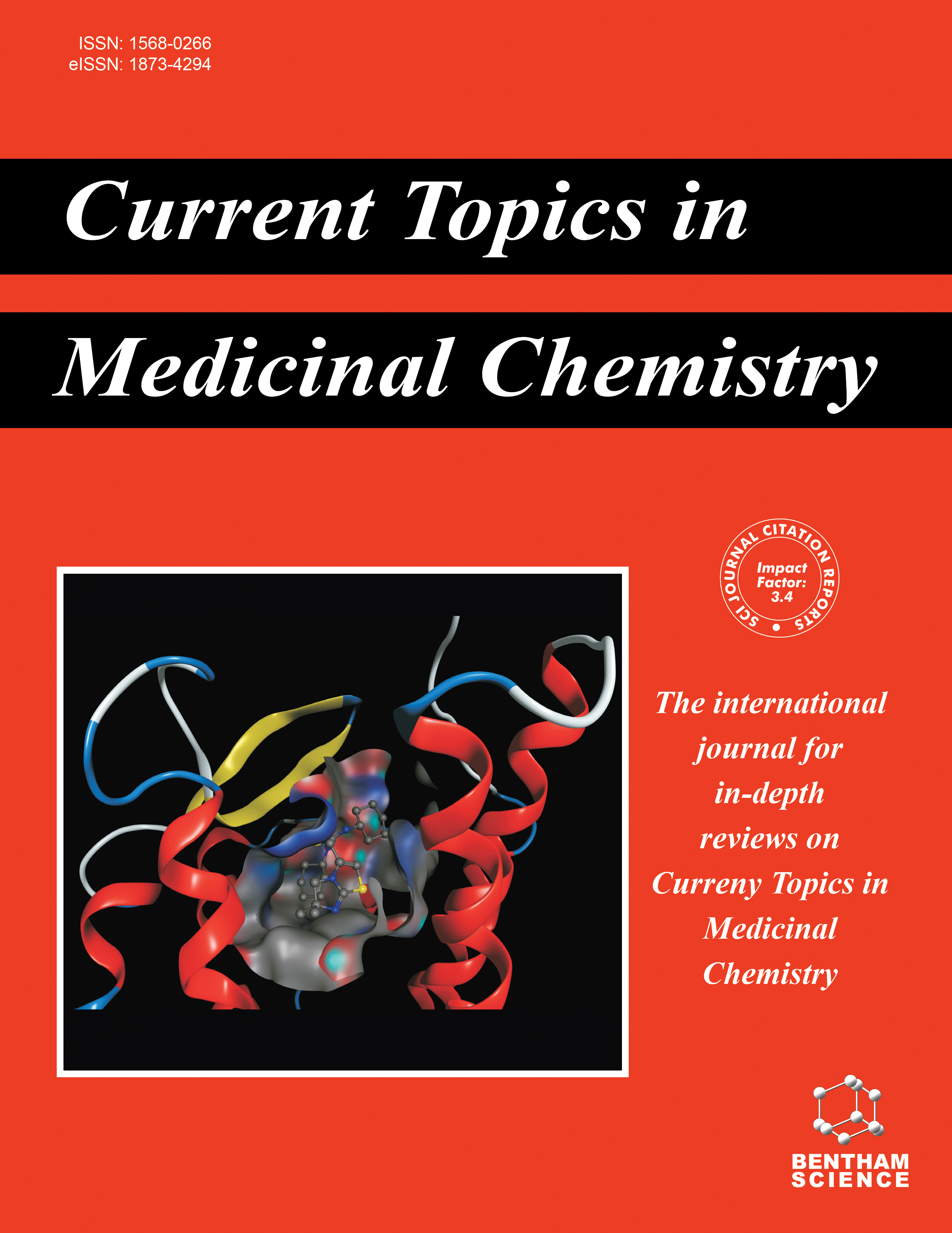
Full text loading...

Diabetes mellitus (DM) is a chronic metabolic disorder characterized by the impaired utilization of glucose, insulin resistance, or reduced insulin production. Although conventional pharmacologic agents like metformin, sulfonylureas, and thiazolidinediones are effective in regulating elevated blood glucose levels, they are often associated with some adverse effects, such as weight gain and liver problems.
The present review summarizes the possibility of using phytochemicals as safer alternatives for the management of DM by modulation of molecular receptors.
Several studies have reported that certain antioxidant phytochemicals exhibit inhibitory effects on key signaling pathways involved in glucose metabolism and insulin sensitivity under in vitro conditions. Therefore, this review will focus on the therapeutic potential of phytochemicals in modulating molecular targets, such as PPARs, GPR119, free fatty acid (FFA) receptors, glucocorticoid receptors, and others. For this purpose, a systematic and extensive literature search was carried out to obtain relevant data, focusing on the prospect of phytochemicals in modulating molecular receptors for diabetes mellitus (DM) management. Electronic databases, including PubMed, Scopus, ScienceDirect, and Google Scholar, were accessed for articles up to March 2025.
Curcumin, resveratrol, and quercetin are bioactive molecules that increase the sensitivity of the body to insulin and protect the pancreatic β-cells from oxidative stress. Natural agents, such as garlic, green tea, and blackcurrants, possess an antidiabetic action by inhibiting enzymes, such as α-glucosidase, and increasing the uptake of glucose. The co-administration of synthetic drugs along with natural agents has a synergistic effect in improving glycemic control with fewer side effects. Examples include resveratrol with metformin or curcumin with thiazolidinediones.
The findings of this review should be validated at the clinical level in future research studies, including toxicity profiling and formulation optimization, to maximize the therapeutic potential of phytochemicals in the management of DM.